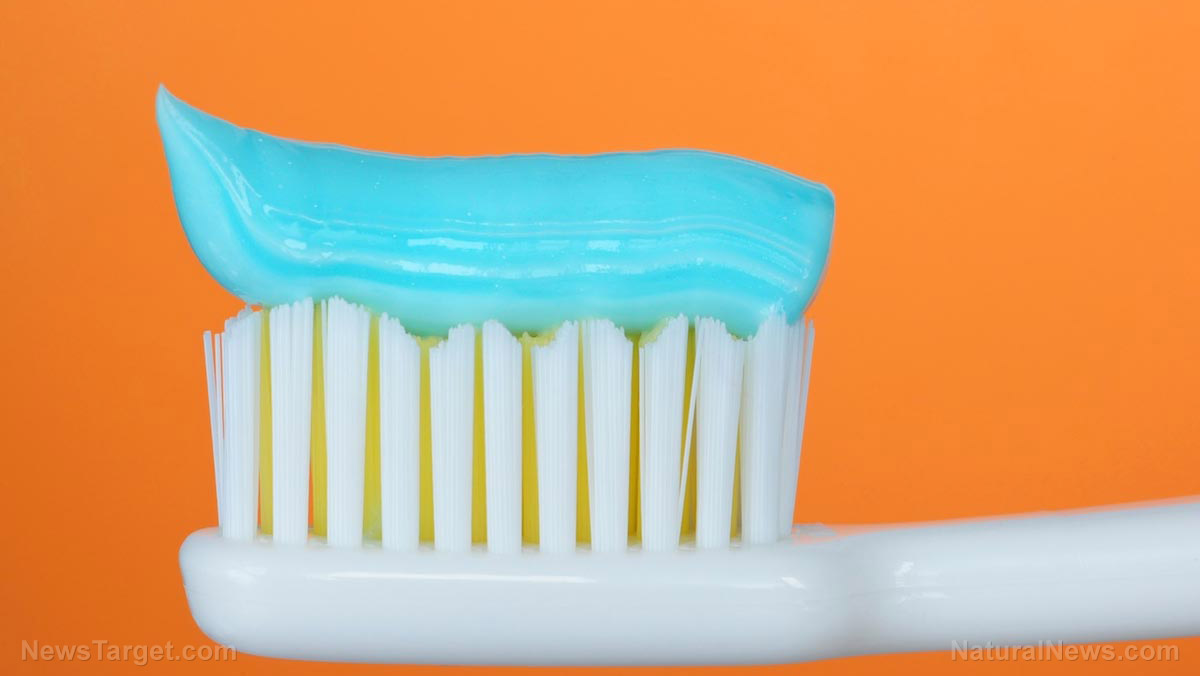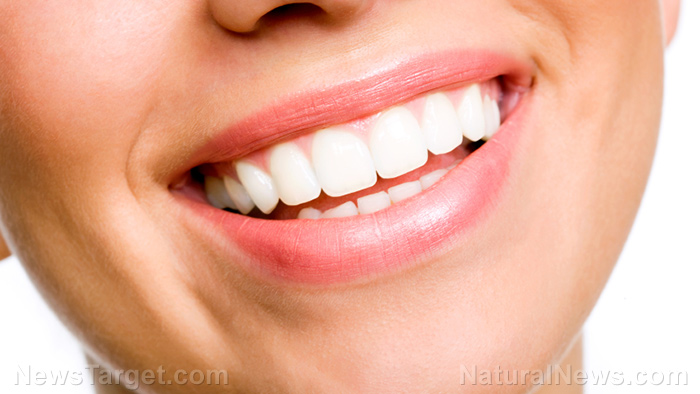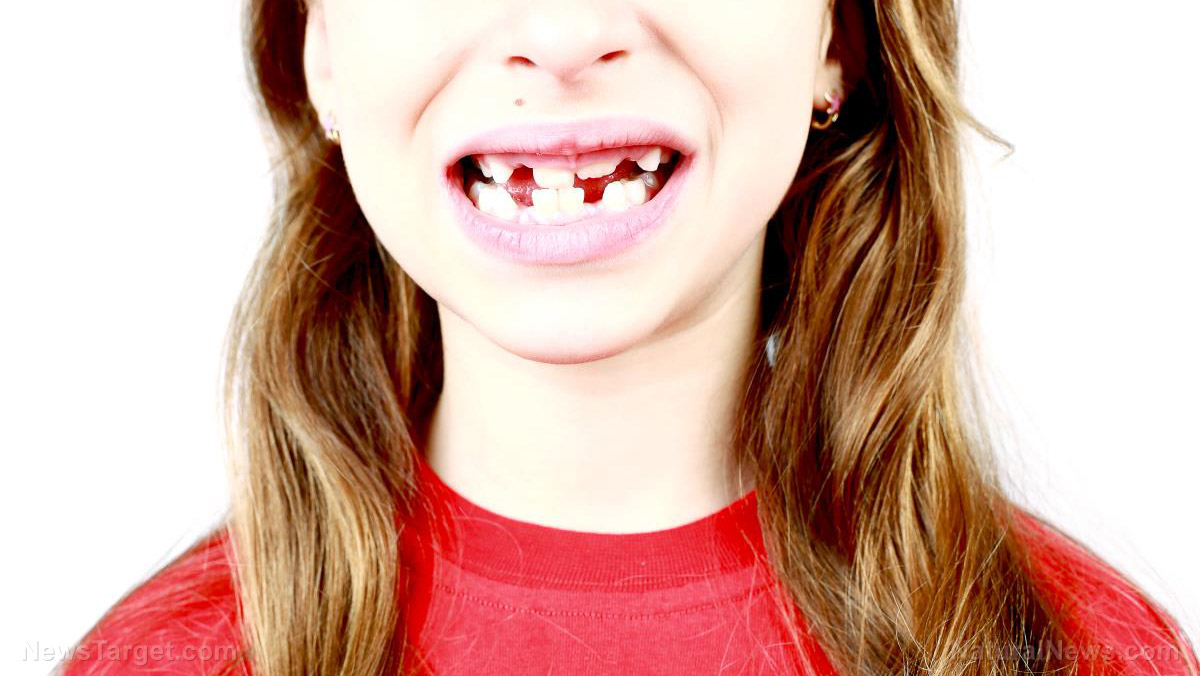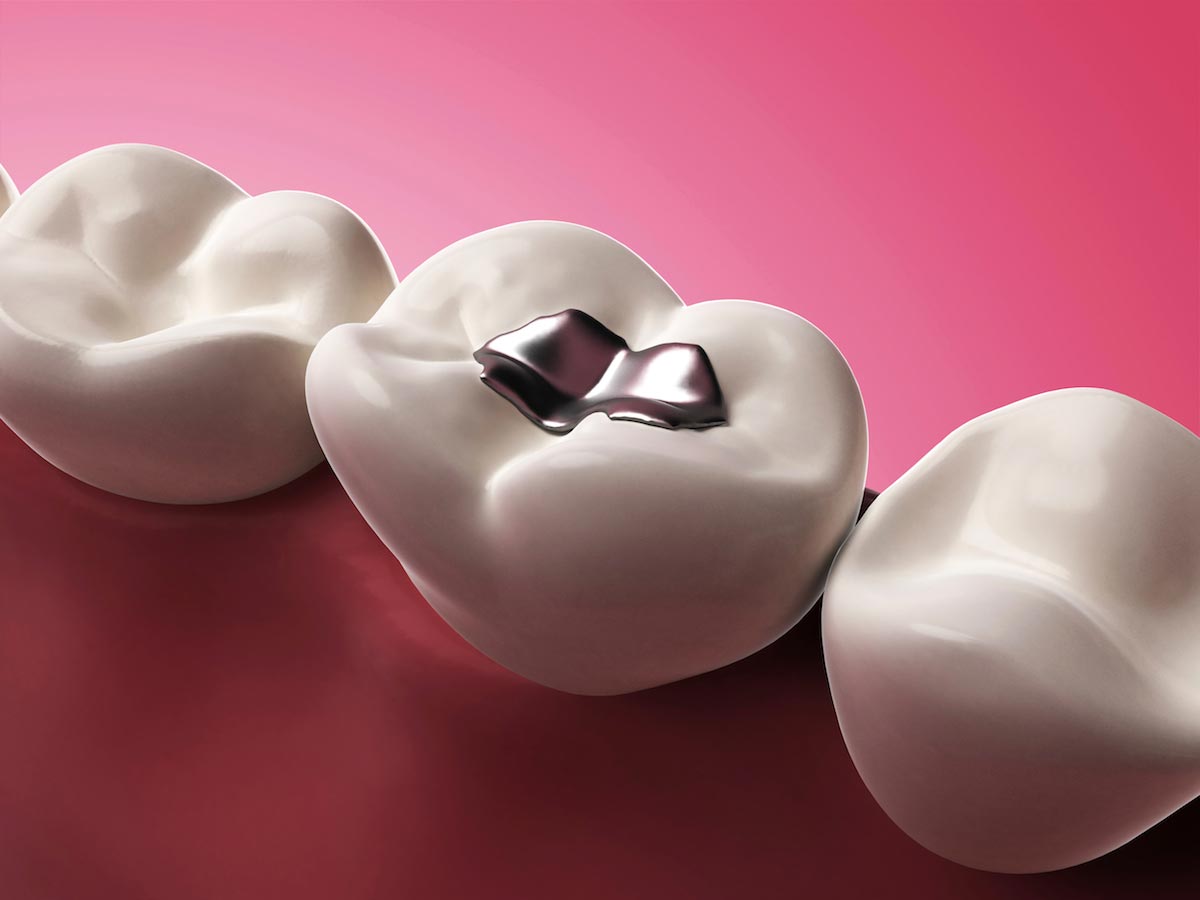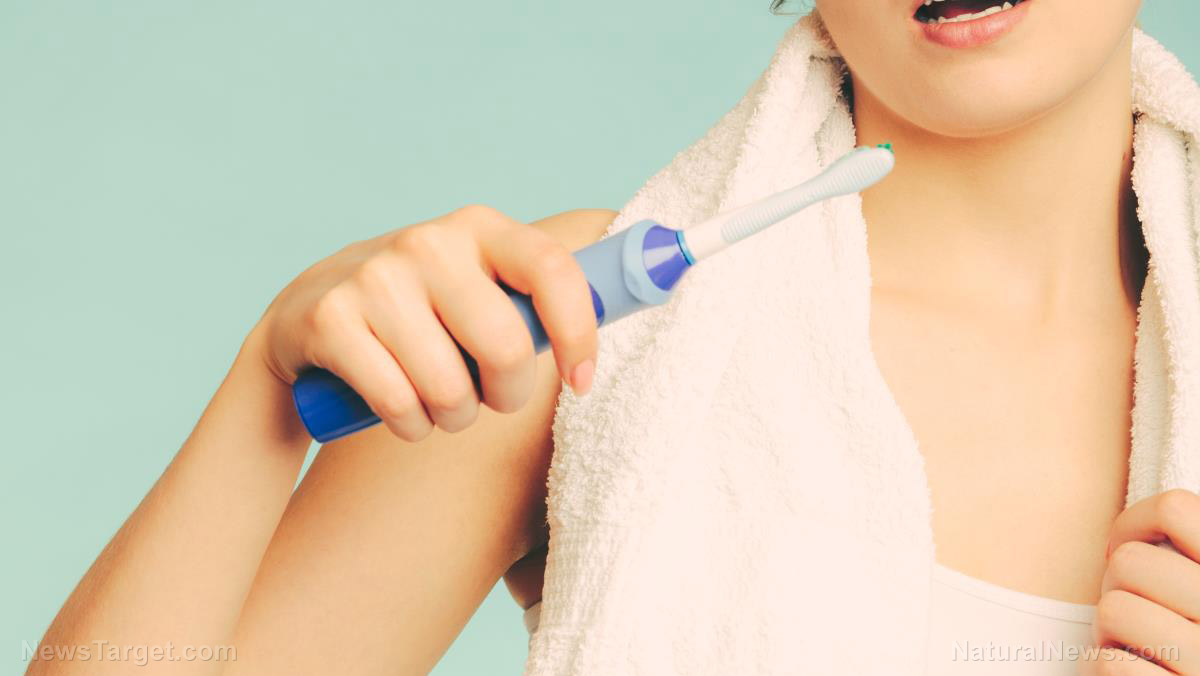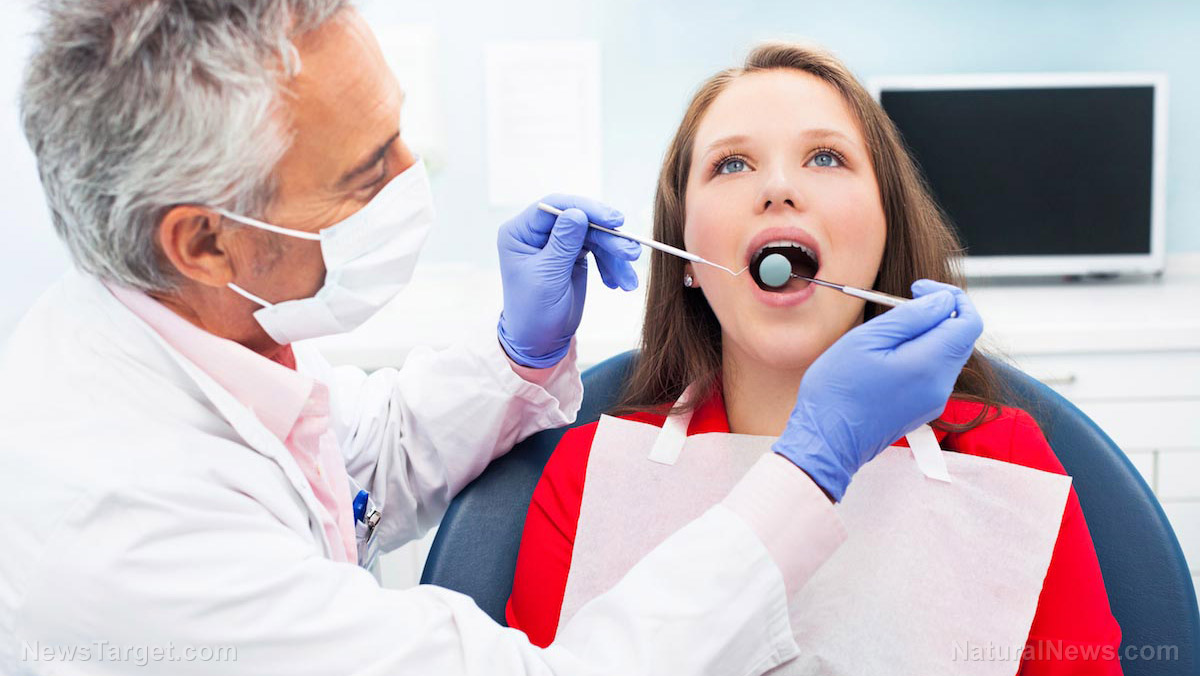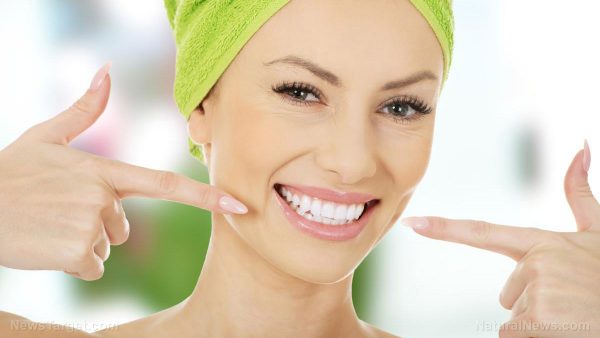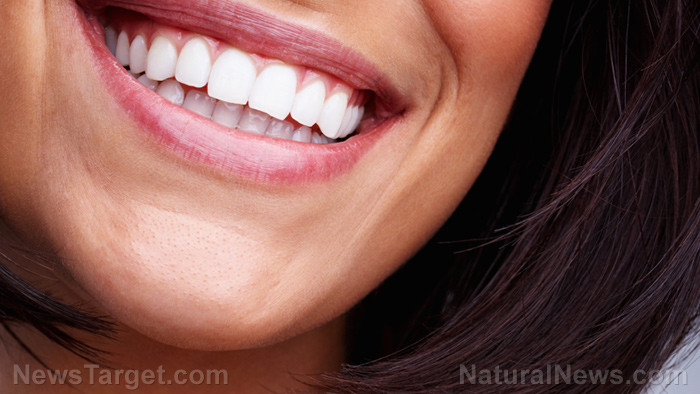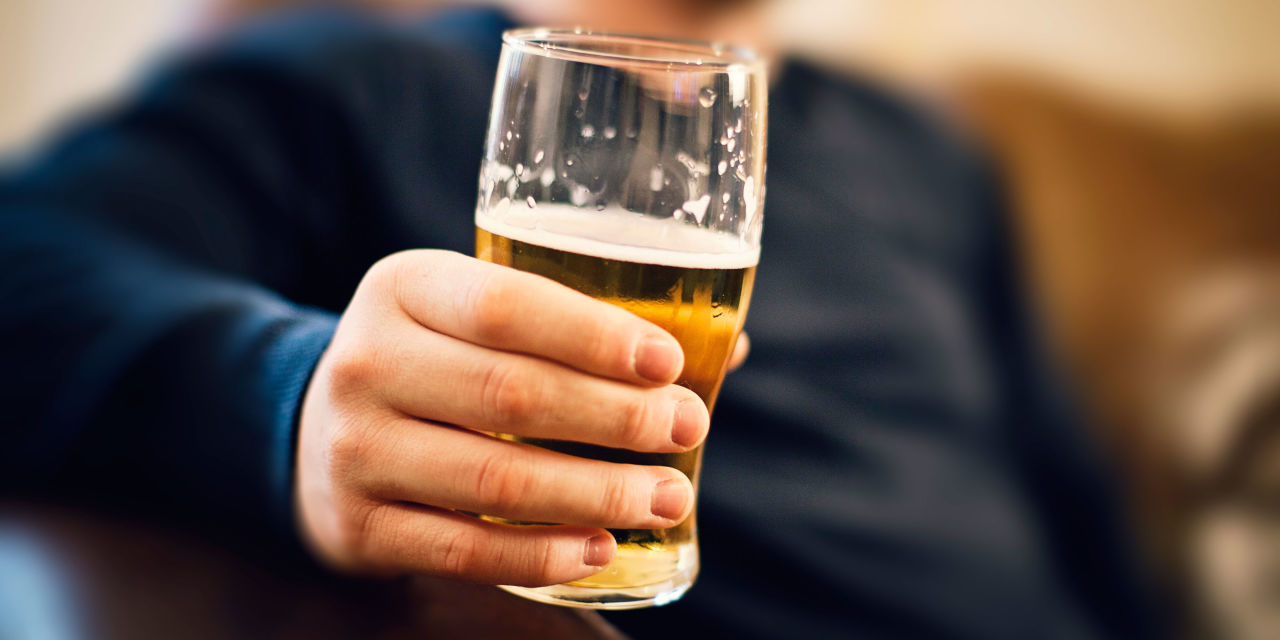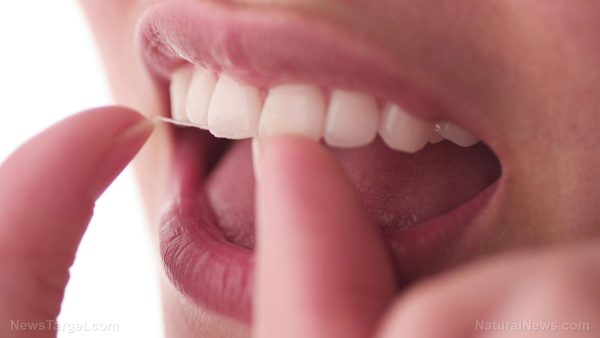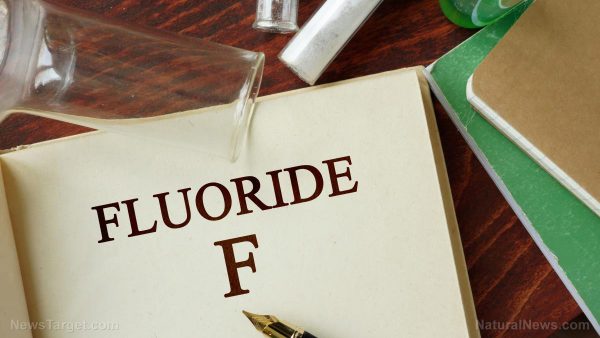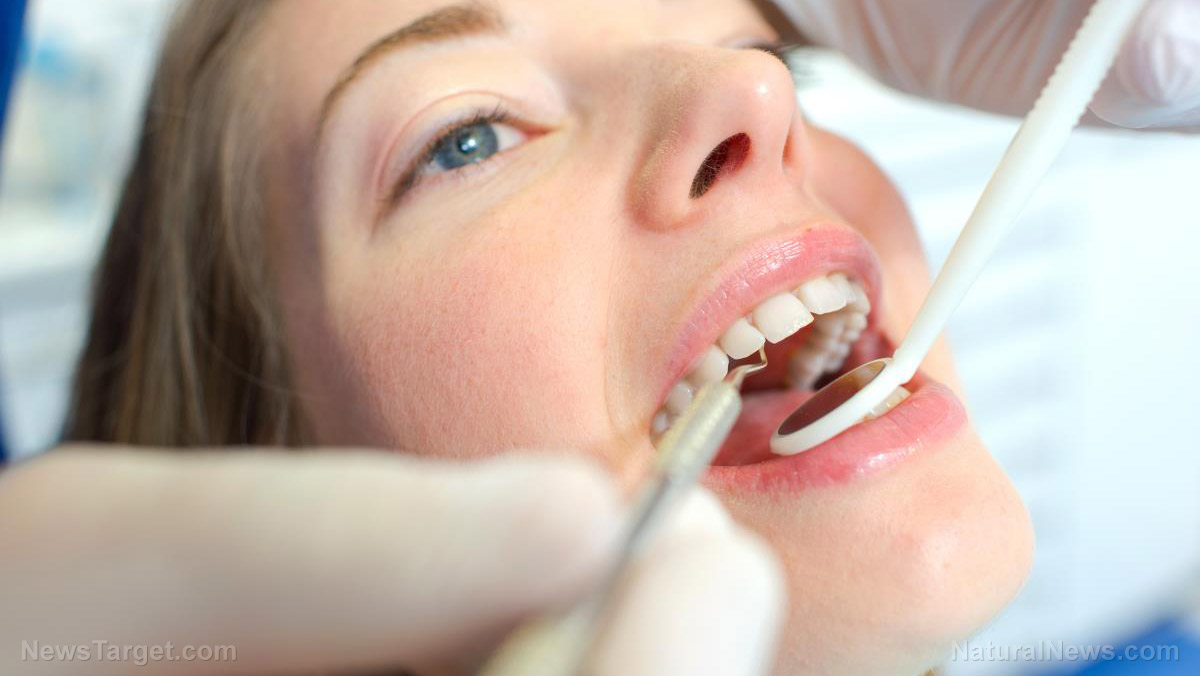Eco-dentistry vs. bio-dentistry: What dentists should know
07/27/2016 / By holisticdentistry
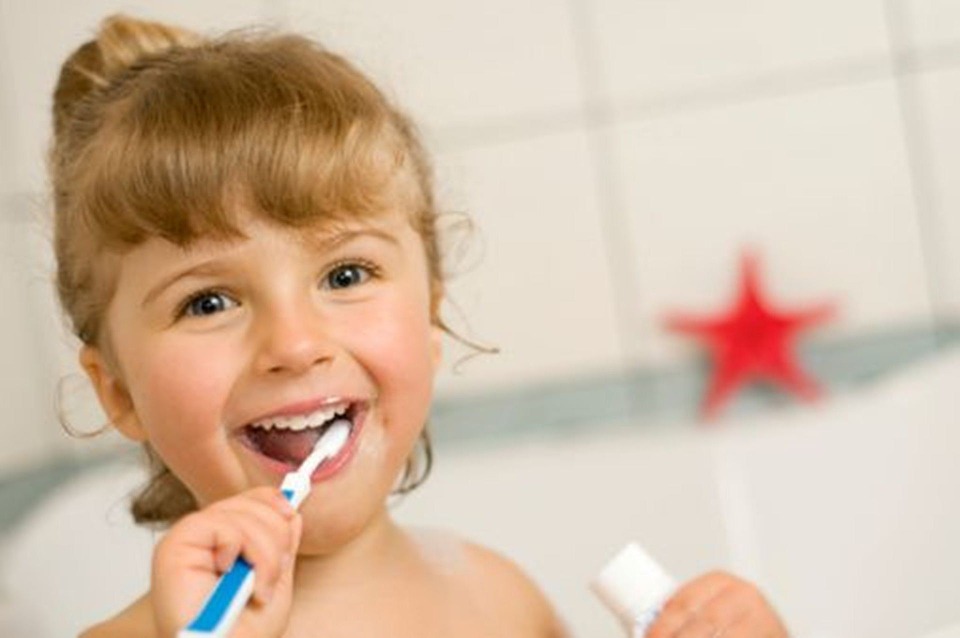
You didn’t go into the dental industry simply to make money, but to help people. One of your goals is likely increasing the well being of your patients by teaching them about better oral health. But what if you want to go beyond that? What if you’ve grown a “green” thumb since starting your dental career and you now believe if you’re truly going to better your patients, you also have to better the environment? Or maybe you no longer want to care just for your patients’ oral health, but for their overall health as well.
(Article by ByPeter Cobabe)
To help you better understand what these choices entail, let’s break down the differences between eco-dentistry and biological dentistry.
Eco-dentistry—Definition: Dentistry that predominantly consists of green designs and practices to better protect the immediate health of patients and practice team members, as well as reduce the impact on the community and global environment.
Also referred to as eco-friendly dentistry, this model of health care is based on the understanding that the health of humans and the environment are connected. Eco-friendly dentists and other health professionals believe it’s their duty to serve in their profession while taking on the responsibility of environmental educators and advocates.
Here are four ways eco-friendly dentistry can better people’s health:
• It reduces waste and pollution.
• It saves water and energy, which also saves money.
• It uses digital technologies that are better for patients and the environment.
• It supports a wellness lifestyle.
Eco-dentistry isn’t just about preventing pollution; it’s about promoting sustainability. It’s part of a bigger movement toward a more ecologically sustainable health care that betters the health of patients, staff, local community, and global community.
RELATED ARTICLES: How dentists can help preserve the environment
4 tips for making your office ‘Greener’
Biological dentistry—Definition: An alternative dentistry approach that takes into account a patient’s entire state of physical and emotional health, not just oral health.
Biological dentists use natural therapies, usually in combination with some conventional therapies, to better prevent, detect, and treat oral diseases. These dentists believe that teeth are an integral part of the body, and therefore a patient’s oral health is interconnected to a person’s overall health and wellness.
Biological, or holistic, dentistry first emerged in 1978 when a group of dentists formed the Holistic Dental Association. Their mission is to educate dentists and share knowledge about biological dentistry with health-care professionals and the public about the model’s health benefits. Another group is the International Academy of Biological Dentistry & Medicine (IABDM), a network of dentists and other health-care professionals who are committed to caring for every aspect of a person—body, mind, spirit, and mouth.
Many times, holistic dentists work with a variety of health-care professionals to promote integrated care. Their focus is to find any area of oral disease in a patient that negatively impacts the person’s overall health, and then they use the least invasive and toxic means to diagnose and treat the problem.
Here are methods that most biological dentists follow:
• They look at the entire body, not just a patient’s teeth and gums.
• They don’t use amalgam, nickel, or other metal fillings to treat cavities.
• They know and practice proper amalgam removal and encourage patients with these types of fillings to have them removed and replaced with a healthier material.
• They use digital X-ray equipment so patients are exposed to less radiation.
• They offer programs outside of just practicing good oral hygiene.
So whether you’re just starting your first dental practice or considering changing how you run your current office, you’re now armed with the necessary information to decide if eco-dentistry or biological dentistry is the path you should follow.
Read more at: dentistryiq.com
Tagged Under: Bio-Dentistry, dentists, Eco-Dentistry

